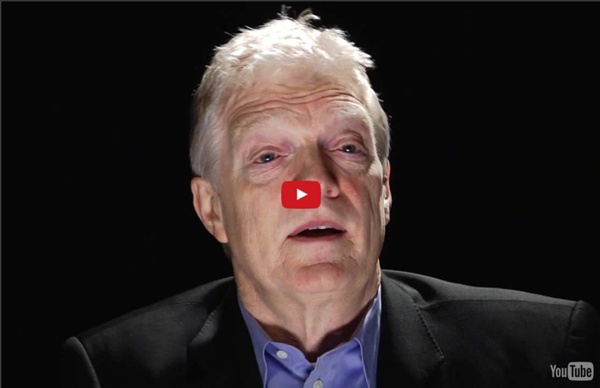Sir Ken Robinson - Leading a Learning Revolution

Outer Barcoo – What's Calling You?®
Cigar Box Project
The Cigar Box Project was a year-long, Canadian History project embedded in inquiry-based, 1:1 classroom. The Cigar Box Project has won two national teaching awards, and has been presented, locally and internationally. In doing the project, students lived the disciplines of historical thinking, information literacy and graphic design as they used 21st Century tools to reinterpret events from Canadian History. Through an iterative, remixing process powered by peer evaluation and multiple feedback loops, students remixed historical images to create five historical Cigar Box panels and three historical iMovies, each one supported by rigorous research and the help of a number of experts along the way. In the second year of the project, students used online tools to work collaboratively with students in another school division. You can read all my posts on the Cigar Box Project by clicking here.
Related:
Related:



